Yellow daffodils: popular varieties and care tips
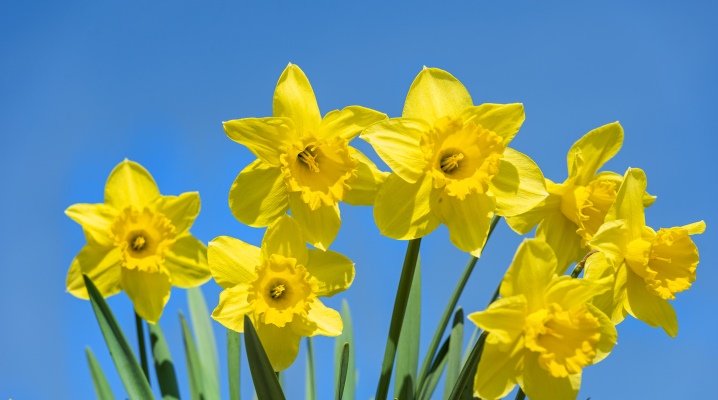
With the arrival of warmth, flowers bloom in the garden plots. Popular yellow daffodils have amazing beauty. Delicate and graceful plants exude an amazing aroma and are ideal for creating flower arrangements.
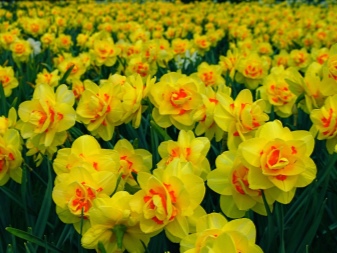
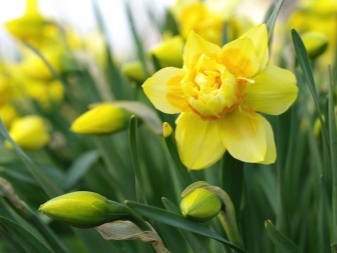
Characteristic
Daffodils are perennial ornamental plants of the amaryllis family. The captivating flower is shrouded in a halo of secrets and ancient Greek legends. According to one of them, many hundreds of years ago, a beautiful and proud young man named Narcissus, seeing his reflection in the water surface, froze from his own beauty. The young man remained sitting on the bank of the stream until he died of endless narcissism. And in this place a refined and beautiful flower has grown, the bud of which is slightly inclined to the ground.
Beautiful bulbous flowers in central Russia bloom from April to June. By July, the stem and buds die off, but the bulb remains in the soil. Her life expectancy is 6-8 years.
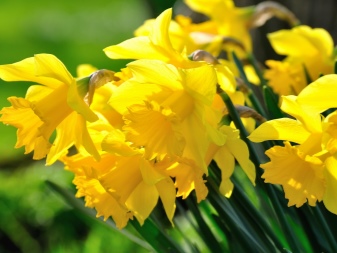
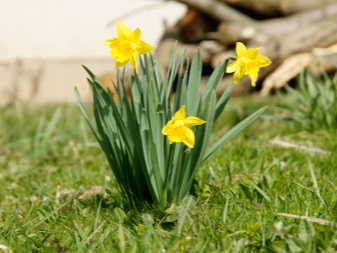
Each bulb produces 1-3 peduncles. The inflorescences are rather large - up to 10 cm in diameter. The coloring of daffodils is predominantly yellow or white. However, there are varieties with inflorescences of orange-red and pinkish shades. Two-tone daffodils are very popular. Such varieties look just amazing in group plantings. The height of most daffodils varies from 30 to 50 cm, there are also dwarf varieties, the length of which does not exceed 20 cm.
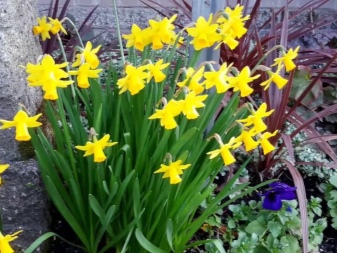
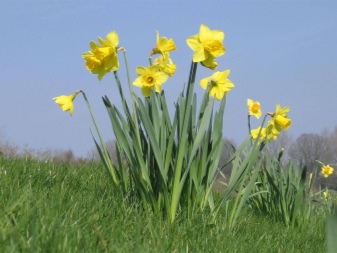
Features of yellow daffodils
Captivating flowers of a golden hue have long won the love of gardeners around the world. Yellow or false daffodils appeared in Russia from France. Flowers grow well in the mountainous areas of the Caucasus. As a rule, "sunny" plants have an average height (up to 30 cm). They propagate by bulbs and are round in shape.
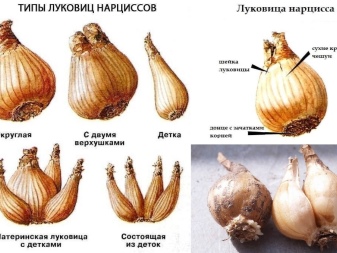
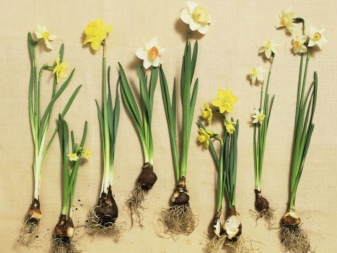
The delicate flower of pale yellow color reaches 3-4 cm in diameter. Inside the inflorescence there is a crown of a saturated "sunny" shade with a corrugated, uneven edge. Blooming of yellow daffodils begins in the 20th of May. It lasts approximately 12-15 days. This variety, by crossing with other crops, presented gardeners with many amazing varieties of decorative flowers.
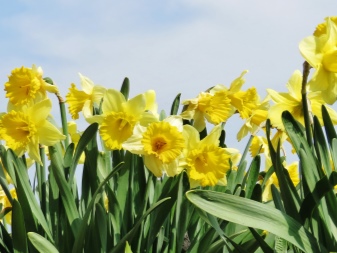
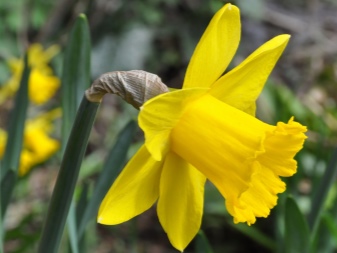
Plants of golden color are planted in the local area in combination with tulips. In addition, yellow daffodils are in perfect harmony with juniper.
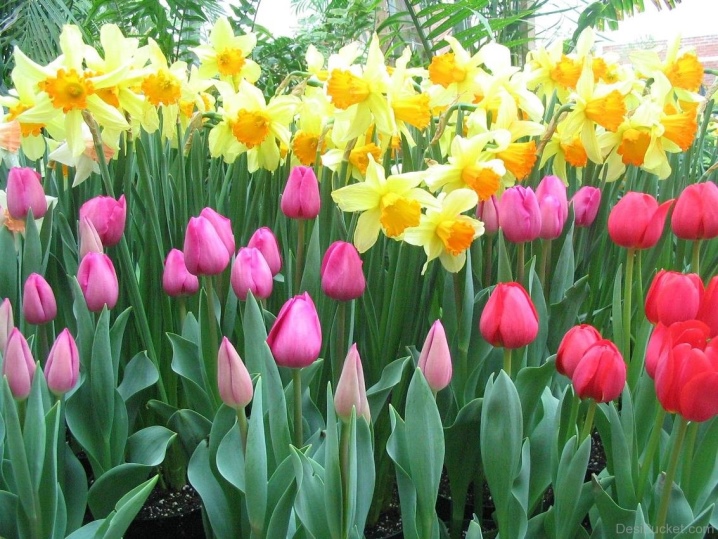
Varieties
Experienced gardeners identify more than 10 groups of daffodils, which differ in the shape and structure of the inflorescences. The yellow coloration is found among the following particularly popular varieties.
- Tubular. This group includes plants with white and yellow petals that are longer than the tube. Fully golden inflorescences are found in the varieties "Golden Harvest" and "Arctic Gold". There is also a combination of white petals and a yellow tube (Biscayne, Bravur).
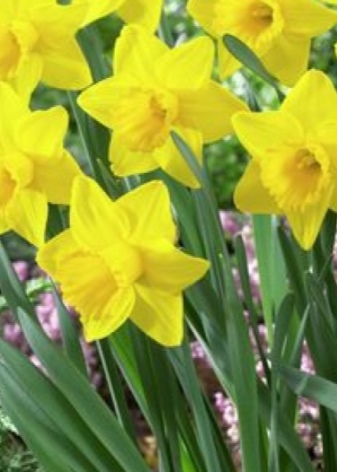
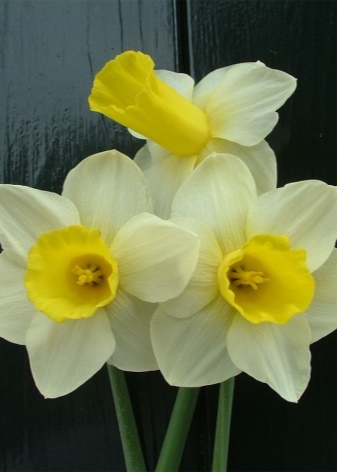
- Terry. An amazing variety that has the following distinctive feature: several inflorescences grow on the stem. Such daffodils are often called multiflorous. This variety is quite capricious and tender. Inflorescences often suffer from adverse weather conditions (rain, wind and hail). One of the popular terry daffodils is the Ice King variety. It is known for its corrugated crown and chic bright yellow flowers that take on an amazing creamy shade over time. This variety is often used to decorate flower beds and borders.Another variety is called "Texas". The variety is known for large flowers of a pale yellow or pinkish tone. "Texas" exudes an amazing aroma and is ideal for creating bouquets.
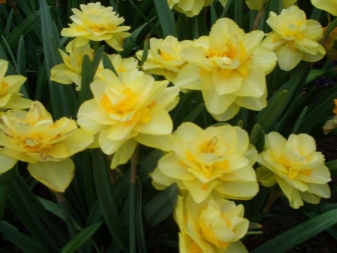
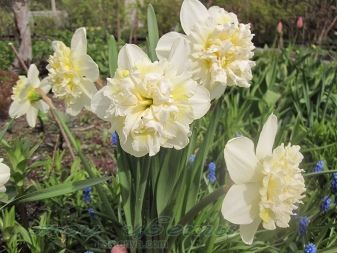
- Cyclameniform. Plants have an oblong crown. They are distinguished by single, "wilted" flowers that resemble cyclamen. The variety is known for its early flowering. This group includes the "Tet-a-tet" variety, which has a low stem and a magnificent bright yellow inflorescence.
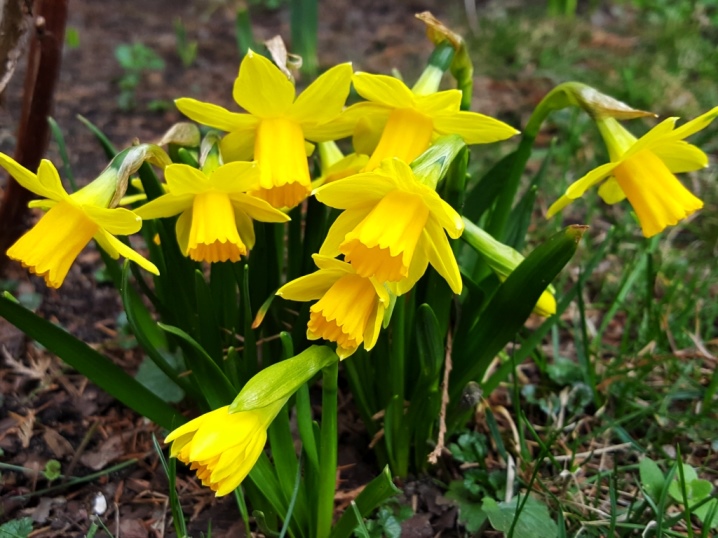
- Tatted. This species is characterized by the presence of snow-white petals and a short goblet tube, which is painted in a rich lemon color. The most aesthetic appearance among the representatives of this group is the Aspazia variety.
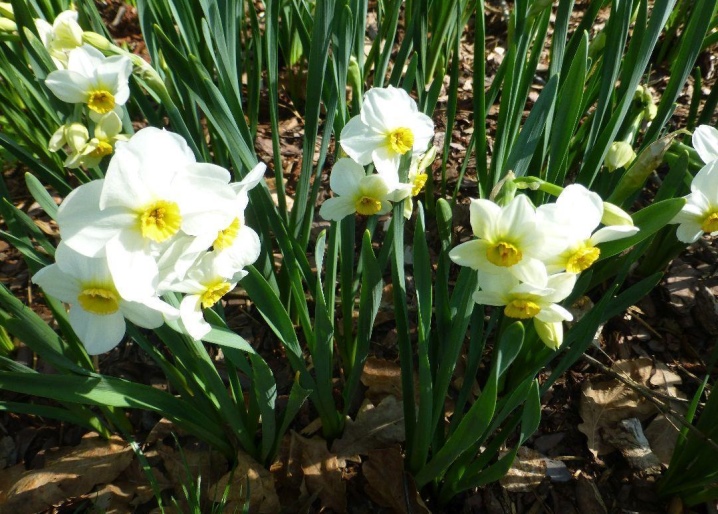
- Poetic. The plants are known for their unusual shape of inflorescences: miniature petals of a milky tone are harmoniously combined with a yellow tube. The most popular among gardeners are the varieties "Dante" and "Horace" with a pale yellow crown, which has an orange edging.
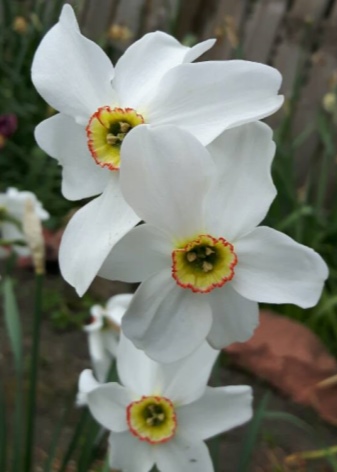
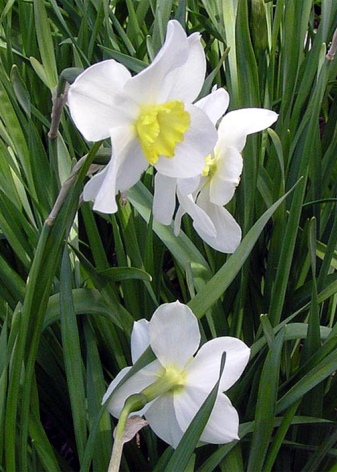
Care rules
Daffodils, unlike tulips, are not too whimsical. However, this plant needs some control. With proper care, a bush, decorated with amazing fragrant flowers, quickly grows on the site. So, daffodils of a golden hue need regular watering, feeding, weed and pest control... Delicate flowers prefer sunny, open spaces where their captivating beauty unfolds in full force. However, they can grow in partial shade, but the shade of the inflorescences is unlikely to "play" with bright colors.
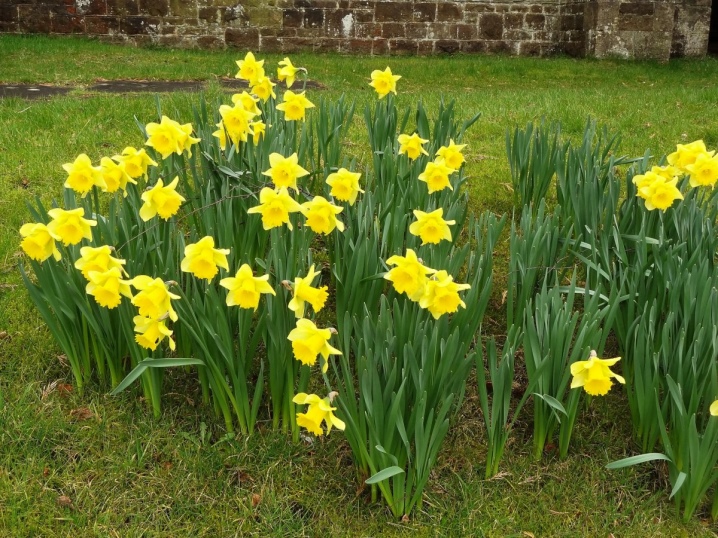
Light to medium loamy soils with good drainage are suitable for growing daffodils. After planting the bulbs, it is necessary to apply special fertilizers and water abundantly. During the growing period, daffodils require constant soil moisture. The number of waterings affects the intensity of their growth and size. However, the soil should not be dry even after the plant has faded. At this time, the bulbs begin to grow vigorously, which are saturated with the necessary nutrients.
In dry summer, beautiful flowers on the site are watered 2-3 times a week, while paying attention to the condition of the soil. Loosening the soil will help the plant to saturate with oxygen and prevent it from drying out. And also do not forget about mulching the soil with peat.
Look at the features of planting and caring for daffodils in the video below.




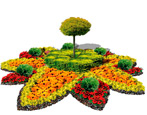
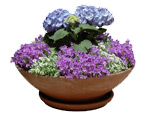
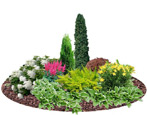
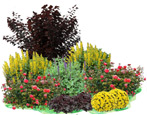
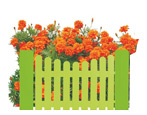
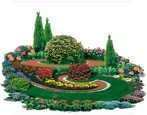
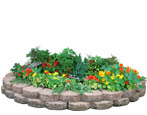
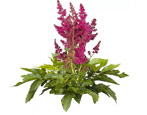
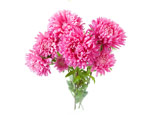
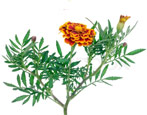
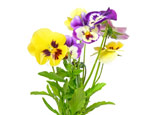
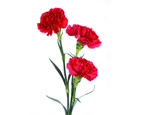
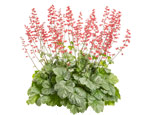
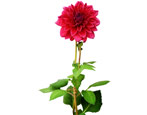
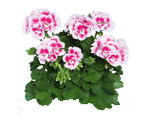
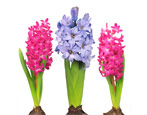
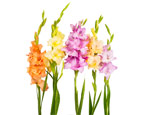
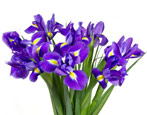
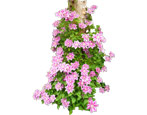
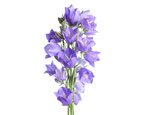
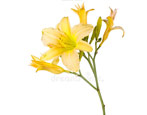
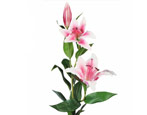
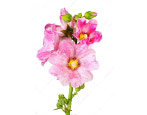
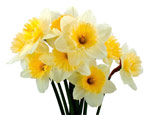
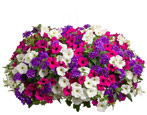
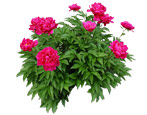
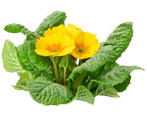
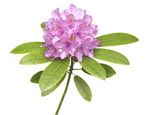
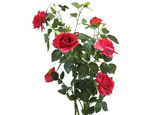
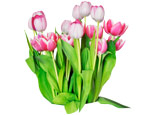
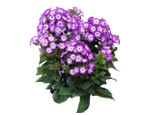
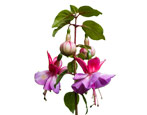
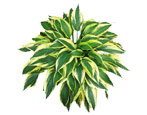
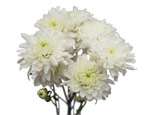
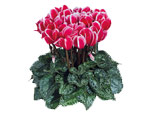
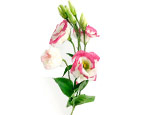






























































The comment was sent successfully.